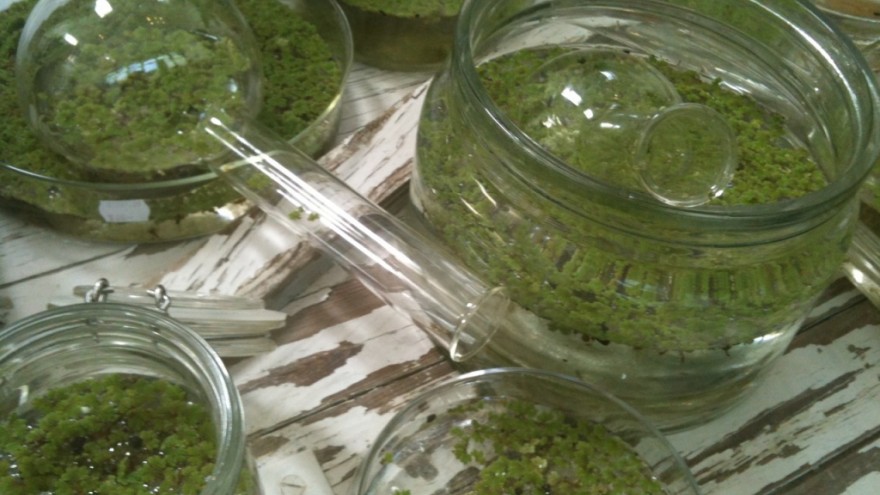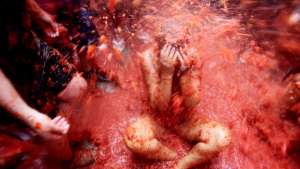From the Series
Anna Maria Orru is an architect and systems thinker based in Stockholm. Specialising in ecologically responsible design, in 2010 she developed the “Foodprints” biologically-centred design food toolkit for the city of Stockholm. On the question of designing food culture she says:
Imagine a food culture inspired by nature’s way of organising itself, ie experiential, ecologically-responsible, accessible and artistic. The food culture of the future will need to be resilient so that our food systems will be able to withstand shock from outside forces and not unravel, as they currently do, and fall to pieces.
So how can we design a resilient food culture? It is one that is designed to behave like a natural ecosystem in itself, leaving nothing for granted and no waste trail. Everything is used, absorbed and cascaded as nutrients for other species to be fed from. Nature is already offering us these design solutions through her 3.8 billion years of research and development. Just take a look around you and see how she has closed loops on her “food”.
In such a world, food becomes a language and a form of communication. Our food systems are shaped by culture, climate, geography, human interaction, quality of life and pleasure. You can measure a city's resilience and sustainability based on how it feeds itself. In this food culture, we see food as a measure of sustainability, quality of life, state of ecosystem and cultural identity. We also see it as our “fuel”, where its precious kilojoules drive our decision making when it comes to food systems, accessible to all people and species.









